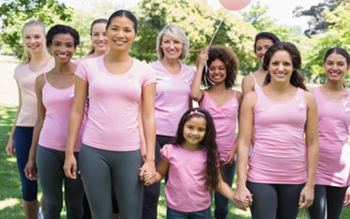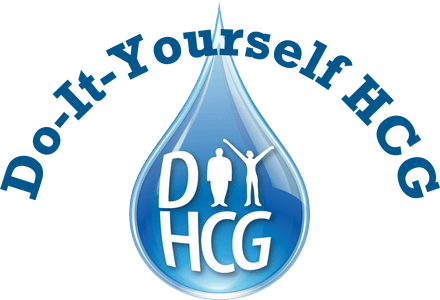7 Ways to Lower Your Risk of Breast Cancer

Roughly one in eight American women will be diagnosed with breast cancer in her lifetime. Breast cancer accounts for 30 percent of all cancers in women and, while there are risk factors that can't be changed, there are some factors that are within your control.
Unfortunately, the risk factors that can't be changed include having a mother, sister, or daughter who had breast cancer, being female, and getting older. The more of these risk factors you have working against you, the more you will want to control the following lifestyle factors to put up your best defense/offense. For anyone who has fought breast cancer, or any severe illness, we wish future health and happiness in both small and big ways. You will notice that the lifestyle factors listed below would bolster any immune system trying to fight breast cancer and just about anything else also.
Please consider these seven risk factors, and ask yourself what you can and are willing to do to control them and lower your chances of a breast cancer or other devastating diagnosis.
Alcohol
The more you drink, the higher your chances of getting breast cancer. Women should limit their alcohol intake to no more than one alcoholic drink per day, including beer, wine, and liquor.
Smoking
If you smoke, quit. You've heard it a million times, and you'll hear it a million times more: Smoking contributes to a large number of major health conditions, and quitting now can greatly reduce your chances of dying much earlier than you otherwise would. Evidence suggests that there's a link between smoking and breast cancer, especially in women who haven't yet reached menopause. Ask yourself: Is smoking worth it? If the answer is no, then set a date, and quit this year.
Obesity
If you're overweight or obese, your chances of getting breast cancer and a host of other cancers and health conditions increases exponentially. Start today by making one lifestyle change that will help you burn calories or lower your daily calorie consumption, such as walking for ten minutes every day or replacing three fast-food meals with a healthy alternative three times a week. Try not to think about it as trying to lose weight, but rather as making lifestyle changes to improve your overall health. Every week, add a new change, such as adding ten minutes of yoga to your daily exercise routine or cutting your daily caloric intake by 200 calories. Over time, these changes will add up to a healthier you.
Lack of Exercise
Your body is designed to move, and when it doesn't, all sorts of bad things happen. You lose muscle mass and bone density, body systems don't function optimally, and you increase your risk of a number of major health problems, including breast cancer. Strive for 150 minutes of moderate activity every week.
Hormone Therapy
Menopause brings with it a number of discomforts, many of which can be alleviated through hormone replacement therapy. Unfortunately, taking these hormones for more than three years increases your risk of breast cancer. Consider other options, but if you choose to take hormone therapy, limit the duration of treatment and take the lowest possible dosage.
Radiation
Exposure to radiation, especially from medical imaging devices that use high doses of it, may increase your risk of cancer, including that of the breast. Opt for medical imaging only when absolutely necessary.
Poor Diet
A poor diet contributes only minimally to the risk of breast cancer, but a healthy diet is essential for preventing other cancers and illnesses and for ensuring that in the event you do receive a poor diagnosis, your body will be in good overall health, which can help increase your chances of survival.
